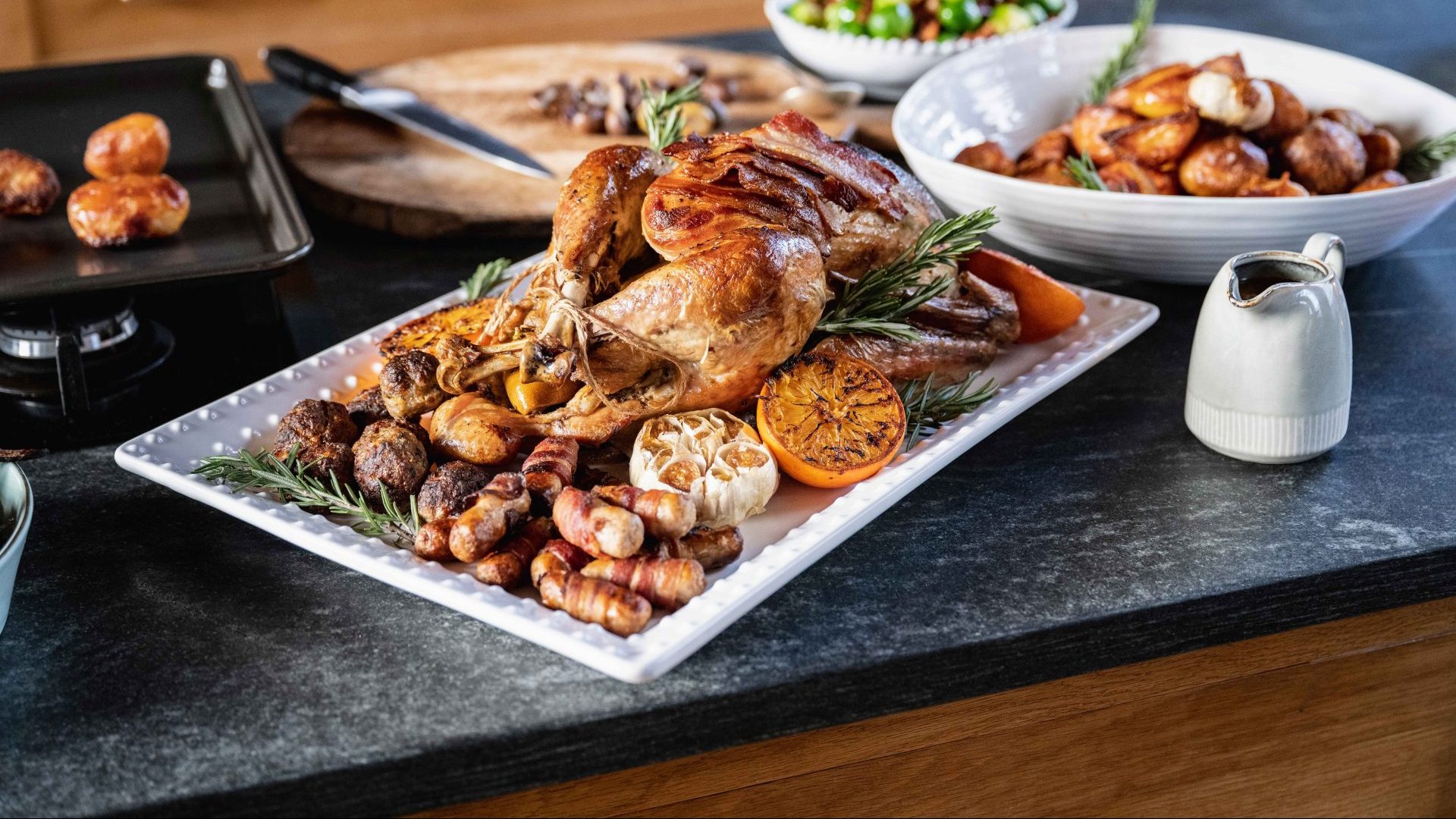This Christmas could see Brits missing out on some festive culinary favourites. Our pigs in blankets are in jeopardy because many businesses are unprepared for, or simply unaware of, new post-Brexit rules on food which come into effect on October 31.
The Border Trade Operating Model (BTOM) brings with it a new round of controls on goods from the EU. This includes a requirement for consignments carrying goods considered medium or high risks – such as some meat, dairy and fish products – to have a vet-signed export health certificate.
But a new Cold Chain Federation survey of EU food-producing companies that supply goods to the UK revealed more than one-third (39%) were unaware of the new rules and timeframe proposed by the government earlier this year. Moreover, 41% of EU businesses surveyed said they had no plans in place to ensure compliance with this new demand.
Overall, the survey – reported in trade magazine The Grocer – displayed that only 60% of businesses planned to continue supplying to the UK at the same rate after the new checks are in place. 10% responded that they aimed to reduce the frequency and range of UK-based customers they served, while 7% stated they would halt trade altogether. Businesses have now warned that the upcoming festive season will face “significant disruption” to holiday trading as a result.
Shane Brennan, Cold Chain Federation CEO told The Grocer: “Communications from UK government to these businesses has not been good enough and it is the food retailers, hospitality businesses and consumers here in the UK who will pay the price with disruption, delays, and losses.”
The changes are set to arrive after multiple warnings from leaders in the food business, many of whom previously cautioned the government that the new strategy would likely cause further border delays and push food prices up further. In particular, it’s anticipated that smaller businesses, such as wholesalers and delis, will suffer the most.
“Small firms that import from the EU and worldwide to the UK have been overwhelmed by complex customs paperwork and procedures. Our research shows 45% of small international traders identify the lack of clear guidance on customs procedures as a top challenge for overseas trade,” Tina McKenzie, Policy Chair of the Federation of Small Businesses (FSB) told The New European.
She added: “Small international traders will face additional red tape when the health certification for eligible EU products comes into force on October 31. Many of these traders rely on high-cost intermediaries to navigate customs control. Unless they’re supported effectively, small firms could face delays in imports from our biggest market.”
“Businesses need certainty so that they can plan their trade activity,” McKenzie added, before calling on the government to work with smaller firms to tackle the challenges arising from incoming import controls under the BTOM.
It appears that this year’s glad tidings may have to wait as Brexit is far from all wrapped up for business.










